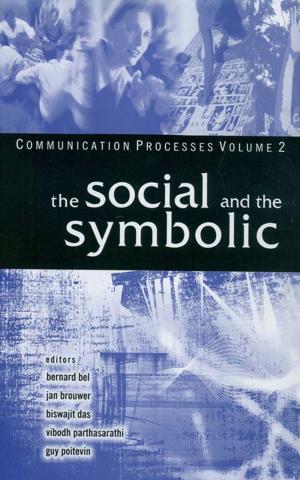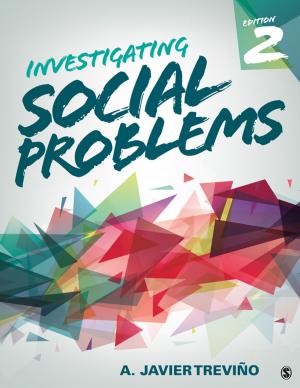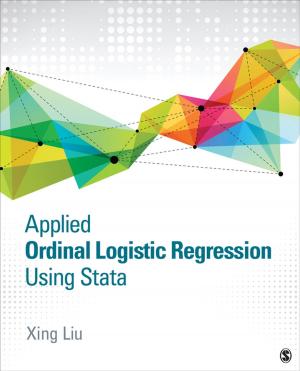Toward a Geopolitics of Hope
Nonfiction, Social & Cultural Studies, Political Science, International| Author: | William H Thornton, Songok Han Thornton | ISBN: | 9788132117032 |
| Publisher: | SAGE Publications | Publication: | October 9, 2012 |
| Imprint: | Sage Publications Pvt. Ltd | Language: | English |
| Author: | William H Thornton, Songok Han Thornton |
| ISBN: | 9788132117032 |
| Publisher: | SAGE Publications |
| Publication: | October 9, 2012 |
| Imprint: | Sage Publications Pvt. Ltd |
| Language: | English |
Toward a Geopolitics of Hope posits a world order marked less by univocal "globalization" than by a grating geopolitics of rival capitalisms. Now that China, Russia, and much of the undemocratic developing world have embraced capitalism, this new Second World can no longer be regarded as a fleeting phenomenon. Globalization turns out to be anything but the steadfast ally of democratization it purports to be. Indeed, the Western democratic experiment of the last two centuries is starting to look very tentative and parochial.
For this the West has nothing to blame but itself. In many respects the new Second World was spawned by First World neoliberal engagement. The Washington Consensus has not only brought the world to the brink of an intractable economic depression, but has played midwife to a chronic geopolitical crisis. Hope, however, is anything but defeatist in the face of this globalist impasse. It draws upon a host of non-Western reformisms—with special attention to those of India, Burma, and the Arab Spring—to forge a Global Third Way. Likewise its moral realism bridges the classic imperatives of Third World social justice and First World security. Its paramount goal is not just a new "soft power" politics, but a post-globalist geopolitics of hope.
Toward a Geopolitics of Hope posits a world order marked less by univocal "globalization" than by a grating geopolitics of rival capitalisms. Now that China, Russia, and much of the undemocratic developing world have embraced capitalism, this new Second World can no longer be regarded as a fleeting phenomenon. Globalization turns out to be anything but the steadfast ally of democratization it purports to be. Indeed, the Western democratic experiment of the last two centuries is starting to look very tentative and parochial.
For this the West has nothing to blame but itself. In many respects the new Second World was spawned by First World neoliberal engagement. The Washington Consensus has not only brought the world to the brink of an intractable economic depression, but has played midwife to a chronic geopolitical crisis. Hope, however, is anything but defeatist in the face of this globalist impasse. It draws upon a host of non-Western reformisms—with special attention to those of India, Burma, and the Arab Spring—to forge a Global Third Way. Likewise its moral realism bridges the classic imperatives of Third World social justice and First World security. Its paramount goal is not just a new "soft power" politics, but a post-globalist geopolitics of hope.















